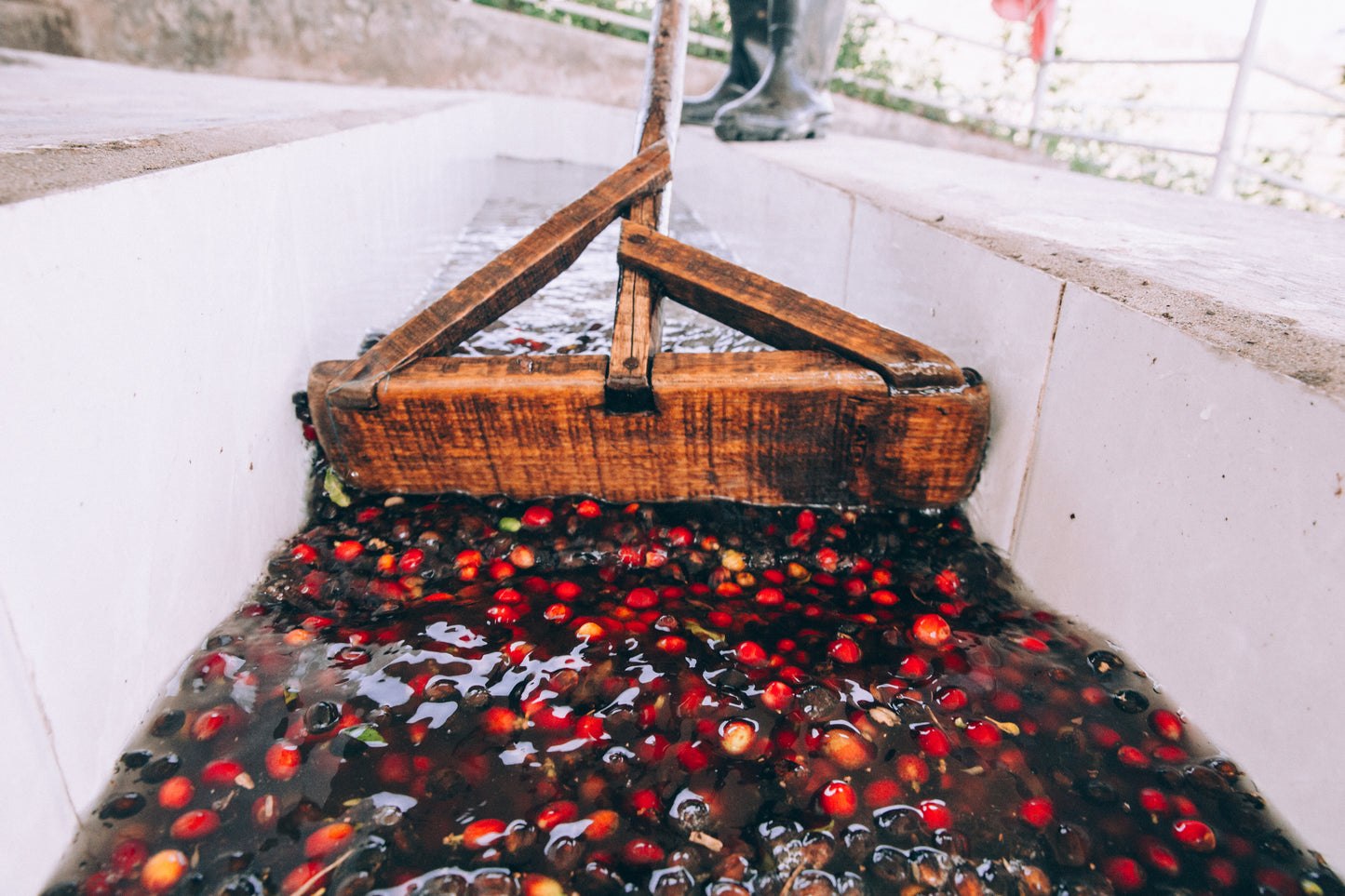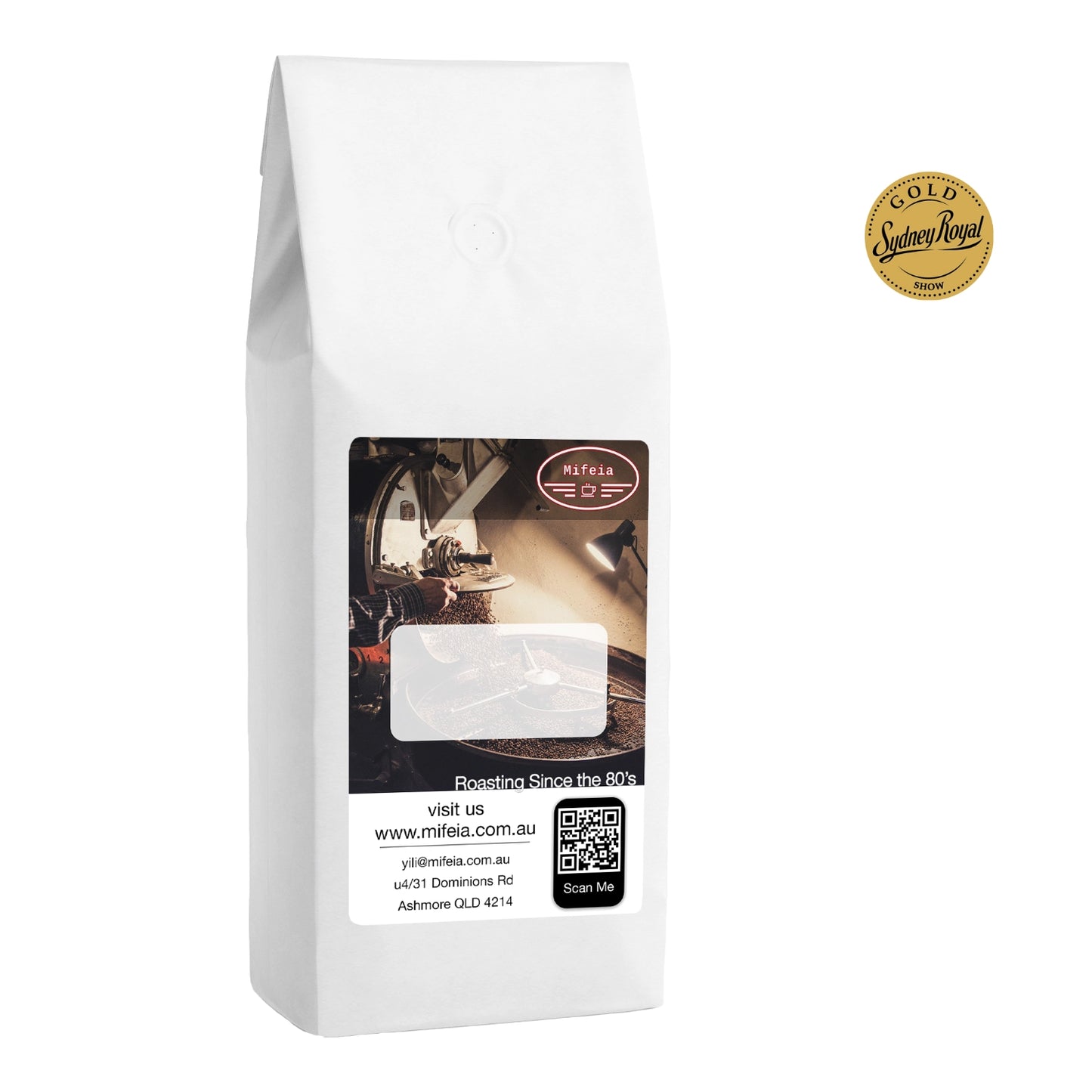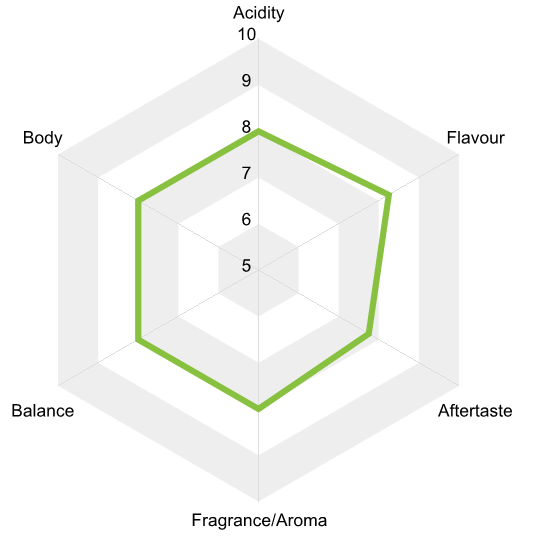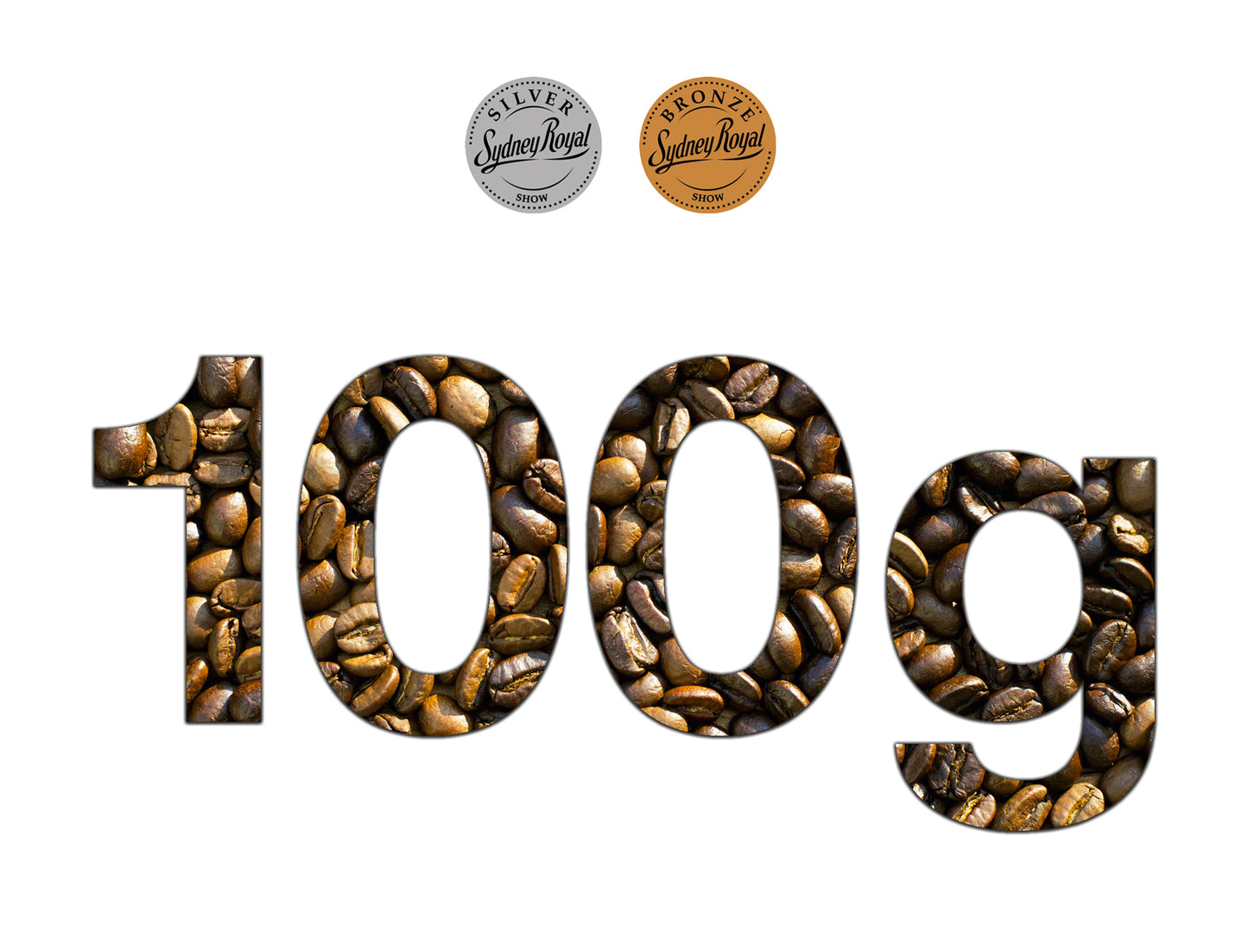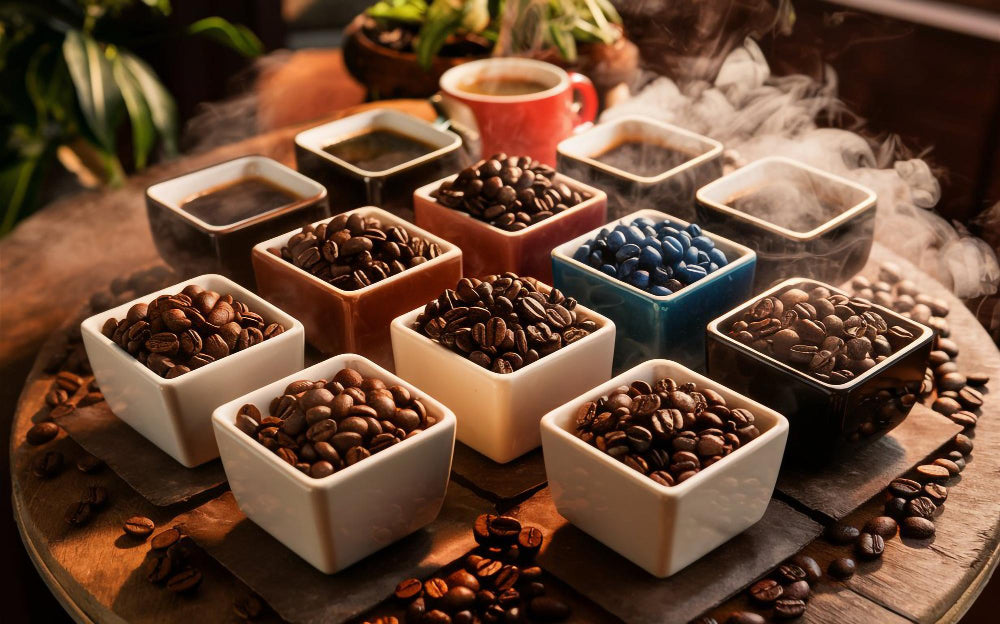Fermentation of coffee beans is the mucilage, which imparts rich sugars, acids, and moisture, fuelling microbial activity until the beans reach around 11% moisture—typically within 30 days, depending on weather conditions. Once dried, the fruit is removed, revealing beans infused with noticeably fruity, boozy, or wine-like flavours, often complemented by nutty or chocolatey notes and a syrupy, full-bodied mouthfeel, perfect for a vibrant and complex filter brew.
Fruit Removal: After drying
Fermentation: Occurs inside the fruit mucilage surrounding the seed and under the pulp, will take place as long as there is fuel available to the microorganisms (e.g. sugar, moisture, acids, etc); the seeds typically become inhospitable to microorganisms when they reach 11% moisture
Drying Time: Up to 30 days on average, weather permitting
Profile: Noticeably fruity or “pulpy” flavours, often described as “boozy” or “winey”; can also have strong nutty and/or chocolate characteristics, and typically has a heavier or syrupy body
Honey processed coffee offers a deliciously unique experience for those who love depth and sweetness in their cup. Shortly after harvest, the fruit skin is gently removed, but some or all of the sticky, sugary mucilage is intentionally left clinging to the bean. As the coffee dries slowly over 18 to 25 days, this layer ferments naturally, enhancing the bean with rich, stewed-fruit or jammy flavors, balanced by a caramel or burnt-sugar sweetness and subtle nuttiness. The result is a beautifully complex profile that coffee lovers treasure for its smooth body and layered character.
Fruit Removal: Typically de-pulped (skin removed) or de-mucilaged (skin and pulp removed) within 24 hours of harvest
Fermentation: De-pulped coffees are typically held in “fermentation tanks” for 12–72 hours; de-mucilaged coffees are not commonly held in tanks but moved to drying surfaces or equipment. Fermentation may occur from the moment of harvest until the seeds reach an inhospitable moisture content for them (11% moisture)
Drying Time: On average, 18–36 hours mechanically; 7–15 days on patios, raised beds, or in parabolic dryers
Profile: Clean, articulate flavours; caramel or sugary sweetness; a wide spectrum of fruit acidity depending on other factors; capable of bright, crisp notes
